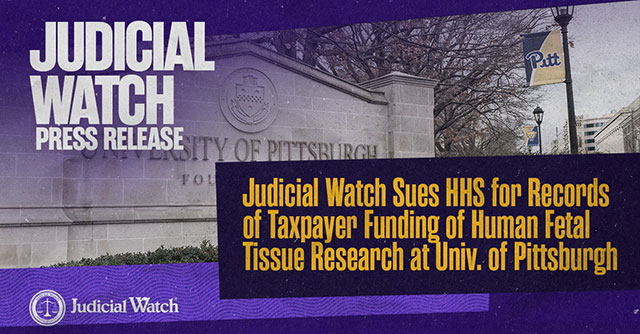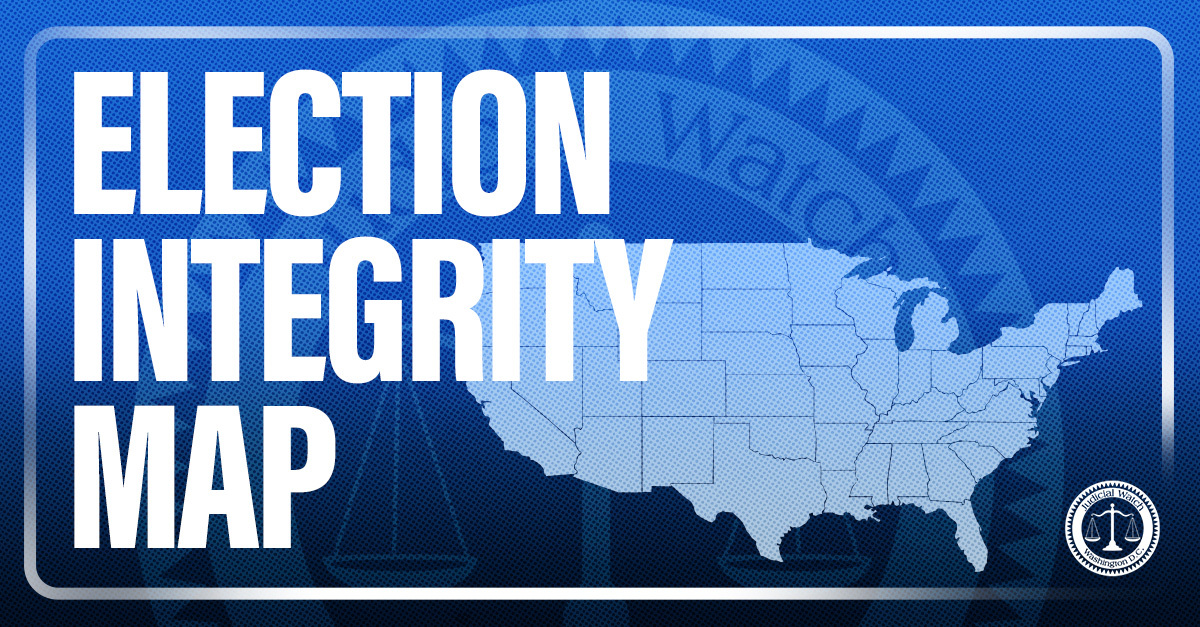
U.S. Spends $26 Million On Spanish Census Forms
In an unprecedented effort to reach out to illegal immigrants, the U.S. government will spend $26 million to send Spanish-language census questionnaires directly to homes for the first time in the decennial count’s history.
In past years, participants could request special forms in several languages—including Spanish, Chinese, Korean and Vietnamese—but this will mark the first time that the government sends to entire regions census questionnaires in a language other than English.
More than 13 million bilingual (Spanish and English) forms will be distributed to neighborhoods with high concentrations of Latinos. More than one-fourth of them will be mailed in California with the highest concentration going to Los Angeles County. The South Florida city of Miami will also get a substantial amount of bilingual census forms in 2010 and so will Houston Texas and portions of Utah.
The costly language outreach is part of an effort to accurately count a population that traditionally has been difficult to pin down, according to the Obama Administration. In other words, illegal aliens who have violated federal law and aren’t exactly jumping at the chance to have contact with government authorities.
The nation’s powerful La Raza movement is undoubtedly thrilled that Uncle Sam is catering to the illegal population in the U.S., which is mostly Mexican and Central American. Latino rights advocates point out that, sending forms in their native language will win over the trust of immigrants who are especially suspicious of the government amid heightened immigration raids and deportations.
In fact, earlier this year the U.S. Census Bureau’s deputy director (Preston Jay Waite) demanded that federal agents cease immigration raids during the 2010 count so the government can get an accurate tally of people in the country illegally. A California Senator (Democrat Barbara Boxer) also tried to block immigration enforcement during the census count by sneaking an amendment to a spending bill a few months ago.
That was viewed as a shameless effort to gain additional Congressional seats since counting illegal immigrants will undoubtedly give states—such as California, Arizona, Texas and Florida—with large undocumented populations additional seats in the House of Representatives after 2010.
At least one federal lawmaker from California, Republican Congressman Duncan Hunter, opposes the unprecedented mailings of bilingual forms, pointing out that taxpayers should not have to carry the additional expense of providing the special questionnaires.

















